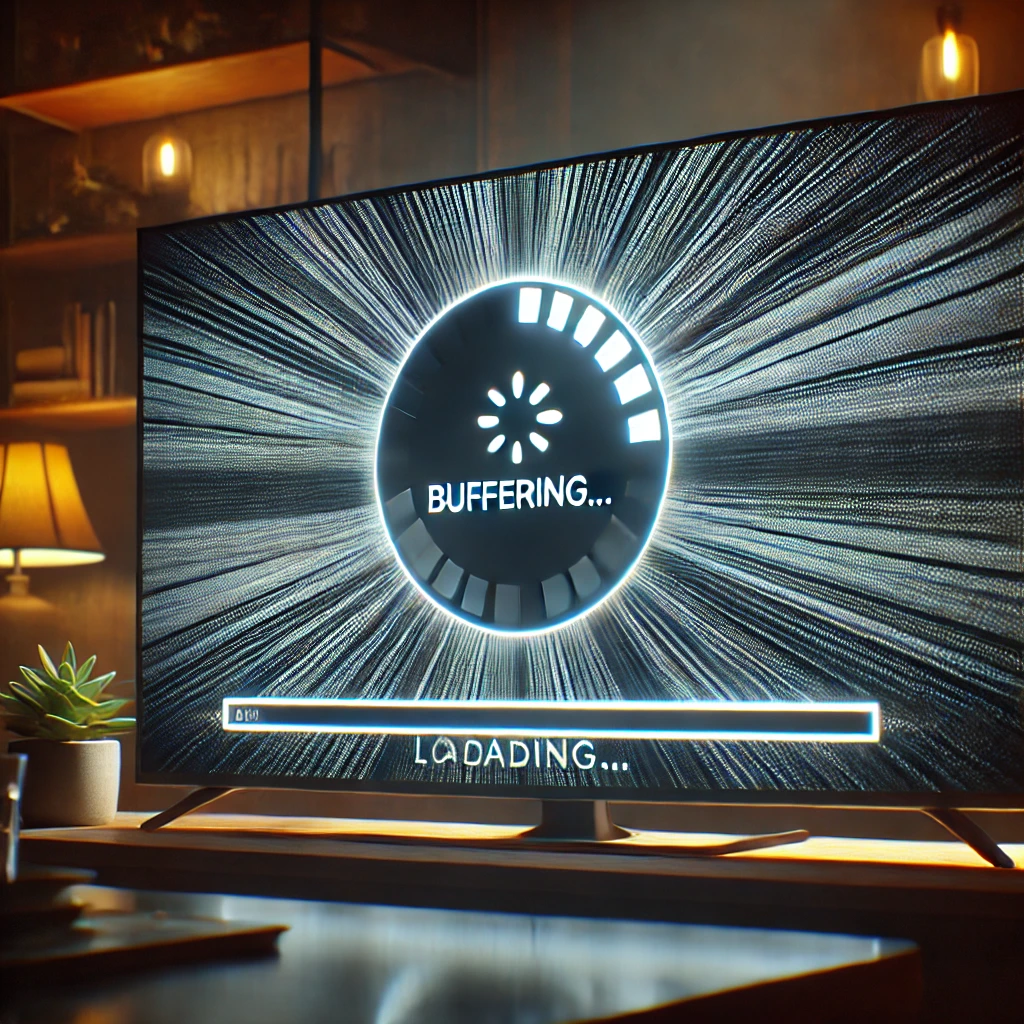How to Reduce Buffering Issues While Streaming HD IPTV?
Streaming HD IPTV is an excellent way to enjoy high-quality content, but buffering issues can ruin the experience. If you’re tired of the endless loading icon, there are several proven ways to reduce buffering and improve your streaming experience. In this article, we’ll explore actionable steps to optimize your IPTV setup.

Why Does Buffering Occur?
Pufferung occurs when your device cannot download the video data fast enough to keep up with playback. Common causes include:
Slow internet speed
Überlastung des Netzes
Limited device performance
Poor IPTV server quality
Understanding these factors is the first step in resolving buffering issues. Moreover, identifying the root cause can help you implement the correct solution effectively.
1. Upgrade Your Internet Connection
Fast and stable internet is essential for streaming HD IPTV. Ensure your connection meets the recommended speed:
For HD Streaming: At least 10 Mbps
For 4K Streaming: At least 25 Mbps
Additionally, check your internet speed using online tools like Speedtest. If your current plan isn’t sufficient, consider upgrading to a higher-speed package. Therefore, having a reliable internet connection is a critical first step.
2. Optimize Your Network Setup
An efficient network setup can significantly reduce buffering. Here’s how:
Use Ethernet: A wired connection is more stable and faster than Wi-Fi.
Improve Wi-Fi Signal: Place your router in a central location and away from obstructions. Use Wi-Fi extenders if needed.
Limit Devices: Disconnect unused devices from your network to reduce bandwidth competition.
Consequently, optimizing your network can lead to a noticeable improvement in streaming quality.
3. Choose a Reliable IPTV Service Provider
Not all IPTV services are created equal. Opt for providers with:
High-quality servers
Minimal downtime
Positive customer reviews
Furthermore, check if the provider offers adaptive bitrate streaming, which automatically adjusts video quality based on your internet speed. By doing so, you can avoid unnecessary buffering interruptions.
4. Clear Cache and Update Your Streaming Device
Outdated software and a full cache can slow down your device. Follow these steps:
Regularly clear the cache on your streaming device.
Ensure the IPTV app and firmware are updated to the latest version.
These updates often include performance enhancements and bug fixes. Thus, keeping your device updated ensures better streaming performance.
5. Adjust Streaming Settings
Lowering video quality can help reduce buffering if your internet connection is unstable. Most IPTV-Anwendungen allow you to:
Adjust resolution to 720p or lower.
Disable unnecessary features like subtitles or secondary audio.
As a result, these tweaks can improve playback stability and reduce lagging.
6. Schedule Streaming During Off-Peak Hours
Internet speeds can fluctuate depending on network congestion. Streaming during off-peak hours—early mornings or late evenings—can provide a smoother experience. Therefore, timing your streaming sessions wisely can make a big difference.
7. Invest in Quality Streaming Equipment
Outdated or low-performance devices may struggle to handle HD IPTV. Consider upgrading to:
A high-speed router with dual-band support
A streaming box or stick designed for IPTV
As such, high-performance hardware ensures better streaming quality and fewer interruptions.
8. Use a VPN for IPTV
A Virtual Private Network (VPN) can:
Bypass ISP throttling
Reduce network congestion
Improve streaming speeds
Ensure the VPN provider offers high-speed servers to avoid adding latency. Consequently, using a VPN can enhance your overall streaming experience.
9. Monitor and Manage Background Apps
Background apps can consume bandwidth and system resources. Close unnecessary apps on your streaming device to free up resources for IPTV. Thus, managing these apps can prevent unnecessary interruptions.
Abschließende Überlegungen
Pufferung issues can be frustrating, but with the right approach, you can enjoy seamless HD IPTV streaming. Start by evaluating your internet connection and network setup, choose a reliable IPTV provider, and make small adjustments to your device and settings. By following these tips, you’ll significantly reduce buffering and enhance your viewing experience. Moreover, consistency in applying these strategies will yield the best results.

